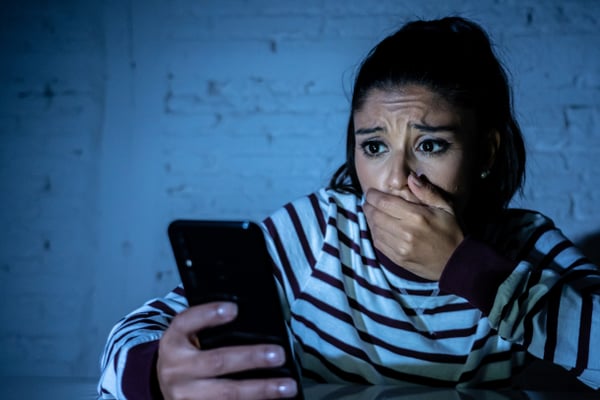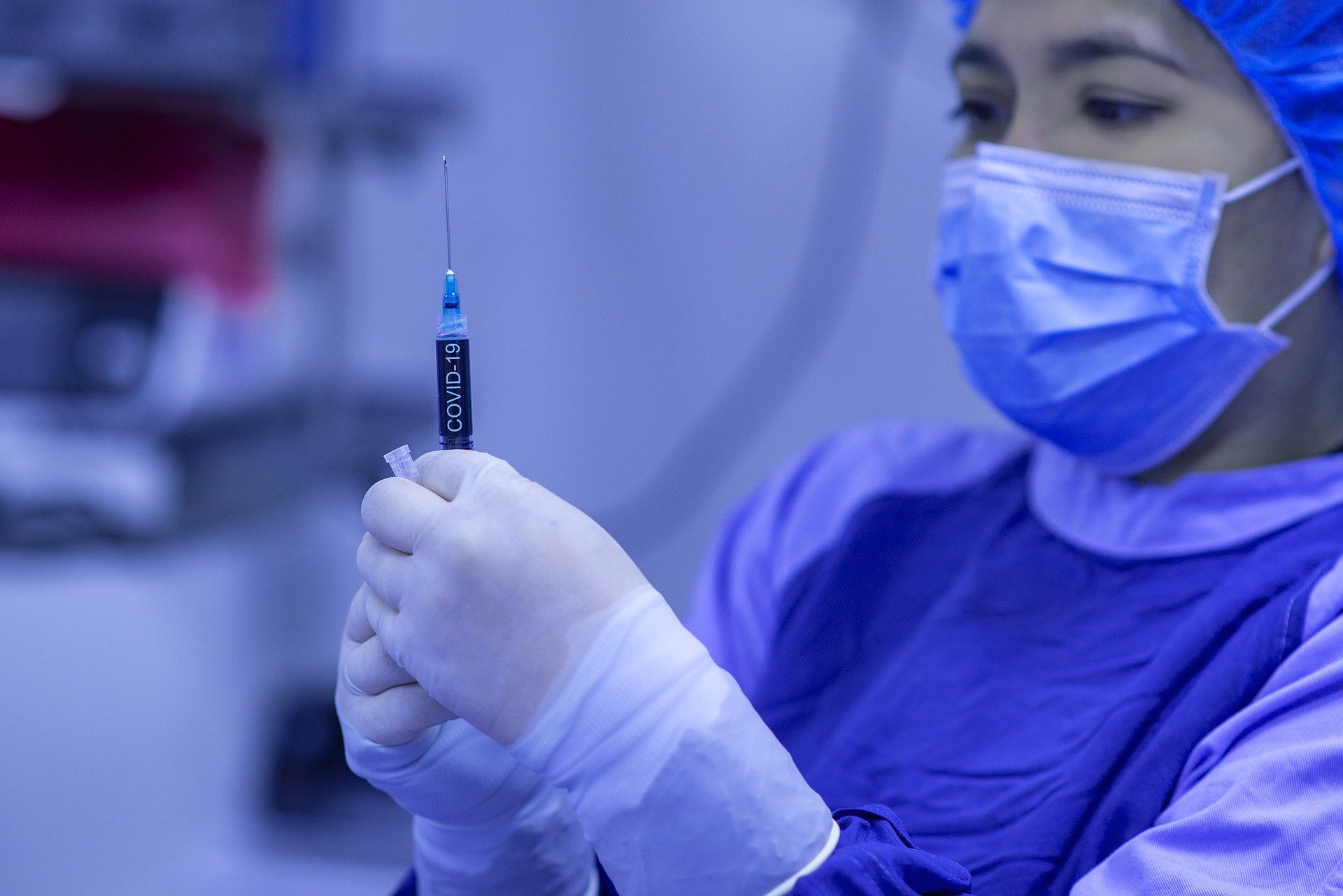You’d be forgiven for sometimes losing hope in the crazy year of 2020. Covid-19 has not only taken the lives of many of our loved ones, but also taken jobs, financial security and any form of ‘normal’ life as we know it. But there now appears to be a light at the end of the tunnel.
Over the past few weeks there has been promising news of various covid-19 vaccines all showing signs of strong efficacy in tackling the covid-19 virus and its symptoms. In fact, the UK recently became the first country in the world to approve a covid-19 vaccine through its regulators, MHRA, meaning roll out of the Pfizer vaccine can now begin in the UK.
It is pretty unanimously thought, and has been since the beginning of covid-19, that the only realistic way to rid the world of covid-19 - and the public health impact and restrictions that come with it - is through a vaccine. Lockdowns can be effective in suppressing the virus, and so can functional track and trace responses, but experts argue that the only way to fully see an end to the virus is through vaccination.
Much of the world rejoiced at the vaccine news, but some still question vaccinations and their effects. There are many people who are cautious, suspicious and apprehensive about the vaccinations - but why? Reasons seem to range from the slightly skeptical, to the completely absurd, with conspiracies based around micro-chips, Bill Gates and New World Orders.
Usually conspiracy theorists are a small pocket of society, who do not really affect the rest of us – however in the context of covid-19 and vaccinations, these anti-vaxxers could be damaging to other people, and could hinder us ridding the world of covid-19. Stopping the spread of covid-19 will likely rely upon mass take up of vaccinations, and the whole country stepping up to take the vaccine and do their bit to get us back to normal – but this simply won’t happen if the disquiet of anti-vaxxers, and their conspiracy theories, make even more people wary of vaccinations and skeptical about taking it.
Covid-19 vaccines, amongst many people in the UK and beyond, clearly have a PR problem. People need both educating on vaccines and to be convinced to take them too – there needs to be an information PR campaign to ensure that anti-vax sentiment reduces or at least does not grow, so we can get the world back to normal. But how can we improve the image of covid-19 vaccines? Here’s a few ideas…
Simple and easy information campaign
There needs to be a government information campaign through traditional media, such as TV and radio, but also direct targeting leaflets through the post and setting up government information websites. These mediums of media will target those who are older and most likely to be first in line to receive a vaccine.
This information campaign should be easy to understand, and it should answer key questions of those who may be just slightly skeptical about taking it, in a simple manner. Questions like, will there be any side effects? How effective will this vaccine be? How has it been developed so quickly? These are all fair and natural questions for perfectly rational people who may be slightly skeptical about a vaccine, who, once they have a reasonable answer, will be convinced.
It would also be more convincing if the government compare the effectiveness and side effects to other drugs/vaccines that are already the norm and are universally used too, such as the flu vaccine that is only 40-50% effective and can give flu-like symptoms.
Also, in terms of the rapidness to develop the vaccine, it’s important that it is made clear no corners have been cut, and it is simply just waiting time between the progressions of next steps that has been reduced, not time spent testing.
Social media could also be used in this instance to promote the campaign, and this would more likely target those who are a little further down the list for a vaccination, and those who can help convince their parents and grandparents to get the vaccine and assure them it is safe.

Conspiracy theories and social media
With the information campaign likely to persuade those with small and reasonable doubts, it’s now time to turn our attention to those who have incredibly outlandish reasons as to why they wouldn’t take the vaccine – virtually all of which are completely dangerous conspiracy theories with no proof whatsoever. How do we tackle this?
Firstly, the UK government should make a social media and internet campaign that tackles the main conspiracy theories around covid-19 vaccines and completely debunks them for their falsehoods. Social media is the place where these theories are all discussed and spread, so that is where this campaign should be targeted. The campaign should debunk these conspiracy theories credibly with facts, making the majority of people see them for what they are – ‘fake news’.
Of course, many people who believe and spread these conspiracy theories, simply do not believe in facts, so this may not change their opinion. But what we can do here is stop these people spreading their opinions and fake news. The government could therefore also lobby social media platforms to completely remove and censor anti-vax conspiracy theories from being spread on social media.
The notion of ‘doing your bit’
If you take the example of arguably the last national crisis, and instance of the country needing to be unified and pull together - World War 2 - there are some great examples of public information campaigns that could be utilized in today’s fight against covid-19. Campaigns during WW2 that really galvanized the nation into acting in a certain way played off the notion of ‘doing your part for the country’, whether it is the famous ‘Your country needs you’ slogan, or the ‘Dig for Victory’ posters – all of these slogans focused on the notion of personal responsibility, and doing your part for a collective national/international good. A mass vaccinations programme could play off this same notion of ‘doing your part’ in getting vaccinated for the collective good of eradicating covid-19 completely.
Real life cases and word of mouth
Statistics show you’re more likely to believe what someone you know or a third party says about a product or experience, than if you are being told directly from the company selling you it. This is of course an age old notion, and the whole reason why PR is seen as more valuable than advertising.
So let’s apply this to a covid-19 vaccine too. Yes, it would be a good idea for the government, and scientists, to be vaccinated to prove it works, as already suggested. But what could also be effective is the age-old PR tactic of celebrity endorsement. We all know the power of influencer marketing and celebrity endorsement, especially in today’s social media age, why not apply this to a covid-19 vaccine to ensure more people trust in the vaccine – perhaps a celebrity taking the vaccine live on TV?
And whilst celebrities could be used at a macro-scale, community information rallies should be used at a micro level. Skeptics should be connected with normal everyday people in their community who have had the vaccine, to talk about their experience of it and how they have felt. This could be used through community Q+A’s on social media and local television or even promoting the idea through word of mouth through the community, and really using these third parties and normal people to promote these vaccines.
It’s clear that anti-vaxxers are being heard around covid-19 – this really has to be addressed if we want to tackle covid-19 and be rid of it for good. The government must put all their effort into not only rolling the vaccine out as quick and efficiently as possible, but also a simple and easy to understand public relations campaign to convince people of its collective benefits, and ensure that the vaccine really does mean the end of covid-19 for good.





